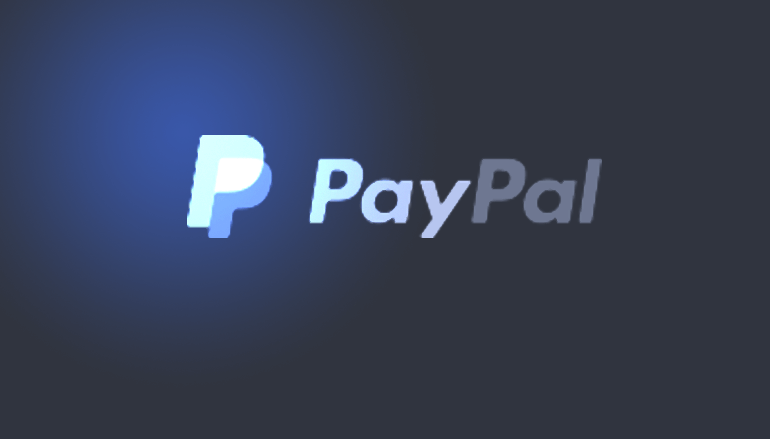
Although everyone likes to have their own opinion on Bitcoin’s most important features, it seems clear that censorship resistance is still the one attribute that matters more than anything else. Before Bitcoin, online merchants were limited to centralized payment hubs, such as PayPal, who were able to prevent certain transactions from taking place over the Internet.
Silk Road payments and Wikileaks donations were enabled by Bitcoin back in 2011, and these two events still seem to be the best illustrations of Bitcoin’s usefulness for the general public. The recent limits placed on Voat’s PayPal account are the latest example of the payment company’s willingness to exert control over online commerce.
The Case of Voat.co
Voat is a Reddit clone that has enjoyed a larger-than-usual amount of traffic lately due to the site’s willingness to leave content uncensored as often as possible. In fact, the website’s stance is to only censor content that is illegal.
After experiencing an uptick in popularity, Voat recently found their PayPal account to be permanently limited. The PayPal account was used for nothing more than donations. PayPal’s official reasoning for limiting the account and freezing Voat’s funds was:
“Under the Acceptable Use Policy, PayPal may not be used to send or receive payments for certain sexually oriented materials or services or for items that could be considered obscene.”
Atif Colo, the creator of Voat.co, described PayPal’s reasoning as “wrong/false on so many levels.” He added, “Honestly, I don’t know what I expected when I trusted PayPal with our donation money.”
Money as speech
Bitcoin has a way of bringing up the debate as to whether or not money is speech. After all, creating a Bitcoin transaction involves nothing more than sending a cryptographically-signed message to the rest of the network.
Much like speech, there are going to be some transactions that people don’t like in a world of free and open digital transactions. Perhaps some people would like to censor political donations to Hillary Clinton, while others would like to limit donations to Rand Paul. To bring this back to a real-world example, it’s obvious that some people wanted to censor donations to Wikileaks back in 2011, and it would have worked if it hadn’t been for Bitcoin.
The Issue with Any Form of Censorship
The real issue with any form of censorship is that someone has to be at the top, deciding on exactly what isn’t allowed. Once you’ve opened up the gates to censorship, you also open up the possibility that innocent individuals or organisations will be silenced, or in the case of transaction censorship, financially harmed. For example, who had the bright idea of pressuring PayPal to shut down the account of Kim Dotcom’s Mega, a cloud storage service.
You may not like the idea of a racist, sexist, or generally ignorant individual having the ability to speak their mind, but that’s how free speech works. And with Bitcoin, it appears that’s how value transfer now works as well.

